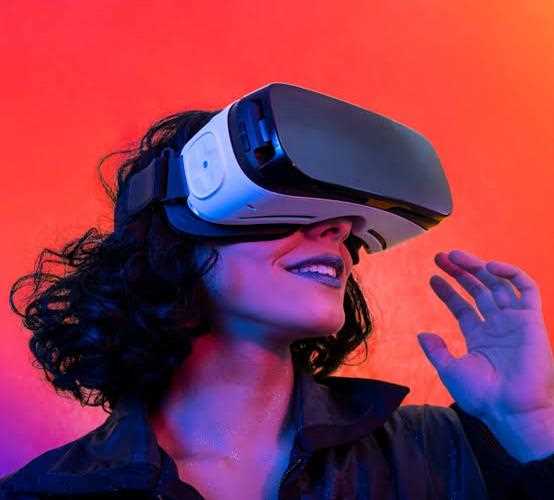Virtual Reality (VR) is an immersive technology that simulates a three-dimensional computer-generated environment, enabling users to interact with and experience a virtual world. VR has transformative potential across a wide range of industries, offering unique benefits and applications that enhance various processes and experiences.

In the field of healthcare, VR is utilized for medical training and education. Medical students can practice surgical procedures in a realistic virtual environment, improving their skills and reducing the risk of errors during actual surgeries. VR can also be employed for therapy and rehabilitation, providing immersive experiences that aid in pain management, anxiety reduction, and motor skill recovery.
In architecture and real estate, VR enables clients to virtually explore and interact with architectural designs and properties. By immersing themselves in a virtual walkthrough, potential buyers or tenants can visualize the space, examine details, and make more informed decisions. VR technology also facilitates collaborative design processes, allowing architects and clients to communicate and make adjustments in real-time.
The entertainment and gaming industry has been at the forefront of VR adoption. VR gaming provides players with a highly immersive and interactive experience, blurring the boundaries between the virtual and physical worlds. It offers a new level of realism and engagement, enhancing storytelling and gameplay mechanics.
Training and simulations are another significant application of VR. Industries such as aviation, military, and emergency services utilize VR to create realistic training scenarios that simulate high-stakes environments. Pilots can practice flight procedures, soldiers can engage in combat simulations, and firefighters can train for hazardous situations, all within a safe and controlled virtual setting.
In the field of education, VR enhances learning experiences by creating immersive and interactive environments. Students can explore historical landmarks, dive into the depths of the ocean, or travel through space, bringing educational content to life. VR also promotes engagement, critical thinking, and creativity, making learning more enjoyable and effective.
VR is also making an impact in the tourism and hospitality sector. It allows prospective travelers to virtually visit destinations and experience accommodations before making bookings. This immersive experience helps tourists make more informed choices and increases customer satisfaction. Additionally, VR can be used to create virtual tours of museums, cultural sites, and attractions, offering unique experiences to visitors.
Furthermore, VR has applications in product design and prototyping. Engineers and designers can create virtual prototypes, allowing for quick iterations and testing of product concepts. This saves time and costs associated with physical prototyping and enables more efficient design processes.
In conclusion, virtual reality is revolutionizing various industries by providing immersive and interactive experiences. From healthcare and education to architecture, gaming, and training, VR offers unique benefits in terms of simulation, visualization, training, and engagement. As technology advances and VR becomes more accessible, its potential applications across industries are expected to grow, transforming the way we learn, work, and experience the world around us.